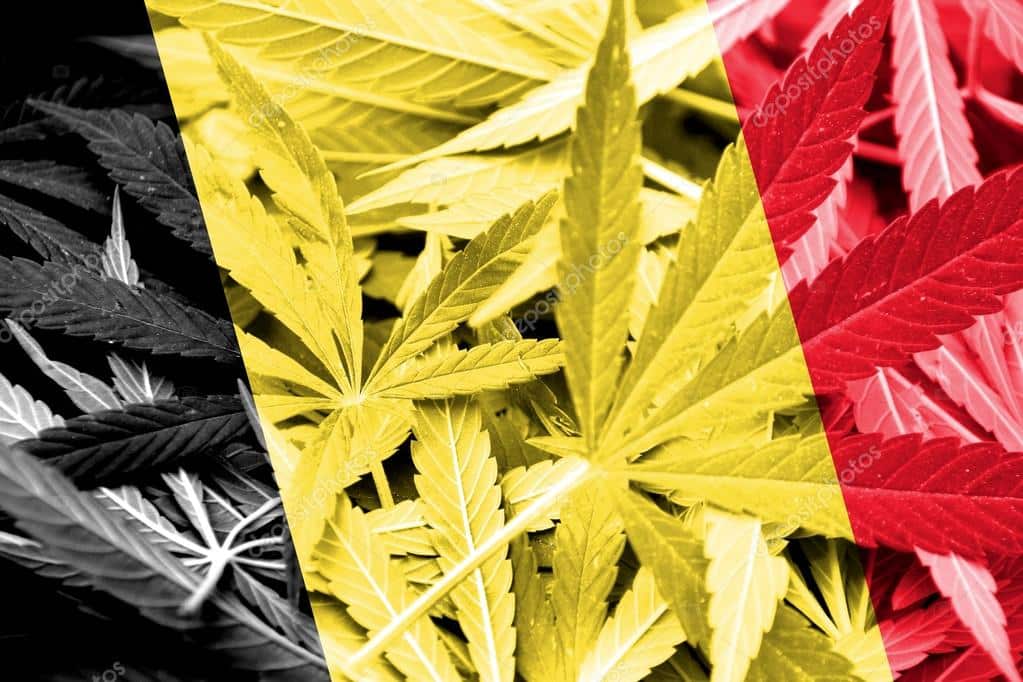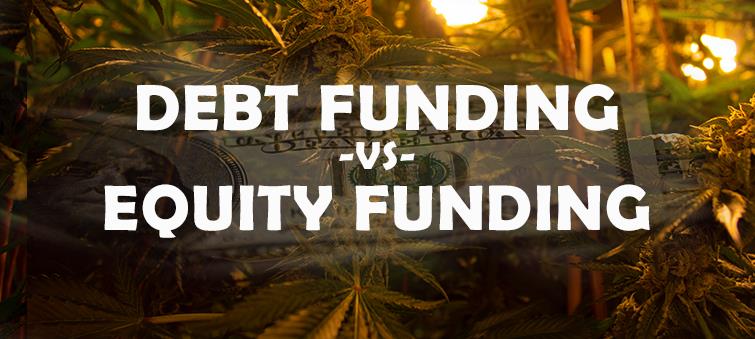Hemp Nation Group Announces Development of Groundbreaking Hemp & Cannabis AI Platform – GreenWeaver AI
Antwerp, Belgium – [20240426] FUTURE TECHNOLOGY – The Hemp Nation Group (HNG), a leader in promoting sustainable hemp solutions, today announced the development of GreenWeaver AI, a revolutionary AI-powered search engine and module builder specifically designed for the hemp and cannabis industry.
Revolutionizing Hemp Information Access:
GreenWeaver AI addresses a critical need within the rapidly growing hemp and cannabis industry. This comprehensive platform utilizes artificial intelligence (AI) to offer users a unique combination of features:
- Intelligent Search: Scans the internet to identify hemp-related items, products, services, and applications, providing users with a streamlined source of relevant and up-to-date information.
- Logistics Optimization: Calculates real-time transportation costs, helping businesses optimize their supply chains and reduce expenses.
- Warehouse & Automation Insights: Analyzes data to suggest warehouse layout improvements and automation solutions for increased operational efficiency.
- Sustainability Focus: Integrates energy usage data with environmental impact assessments, allowing businesses to identify cost-effective and sustainable solutions.
Unveiling the Module Builder:
A key differentiator of GreenWeaver AI is its innovative module builder. This user-friendly platform empowers businesses and entrepreneurs to design and develop novel hemp-based products and services, fostering innovation across the industry.
Usability and Added Value:
HNG is committed to making Hemphub AI accessible to a wide range of users. The platform will be offered through a tiered subscription model, catering to the needs of individual entrepreneurs, established businesses, and investors.
“GreenWeaver AI goes beyond just information gathering,” says Jelle Debusscher, CEO and spokesperson for HNG. “By integrating AI-powered features like logistics optimization and sustainability assessments, Hemphub AI empowers businesses to operate more efficiently and responsibly within the hemp industry.”
Investment and Development Timeline:
The estimated development cost for GreenWeaver AI is projected to be between 3 and 5 million EUR. HNG is seeking funding from a combination of angel investors, venture capital firms, and industry grants.
Development of Hempverse will occur in phases:
- Phase 1 (6 Months): Market research, competitor analysis, building the core search engine, and developing AI algorithms.
- Phase 2 (6 Months): Integrating logistics & warehouse features, developing the initial module builder framework.
- Phase 3 (6 Months): Implementing energy cost balancing and sustainability assessments, refining the module builder functionalities.
- Phase 4 (Ongoing): Continuous improvement and adding new features based on user feedback and market trends.
Surplus Features and Future Vision:
HNG is committed to continuous improvement and envisions incorporating additional features in the future, such as:
- Market Trend Analysis: Providing insights into emerging trends within the hemp and cannabis industry.
- Regulatory Compliance Guidance: Offering resources to navigate the evolving regulatory landscape.
- Networking and Collaboration Tools: Facilitating connections between businesses and stakeholders within the hemp industry.
GreenWeaver AI has the potential to become the leading AI-powered resource for the hemp and cannabis industry, empowering businesses, entrepreneurs, and investors to navigate this dynamic and rapidly growing market.
For more information about GreenWeaver AI, please visit the Hemp Nation Group Portal website at portal.hempnation.one
#GreenWeaver #AI #HempTech #CannabisTech #ArtificialIntelligence #SustainableBusiness #Innovation #HempIndustry #CannabisIndustry #FutureofHemp #FutureofCannabis #GreenTech #HempSearchEngine #HempModuleBuilder #LogisticsOptimization #SustainableHemp #WarehouseAutomation #HempProductDevelopment #HempInnovation #SustainabilityAI





